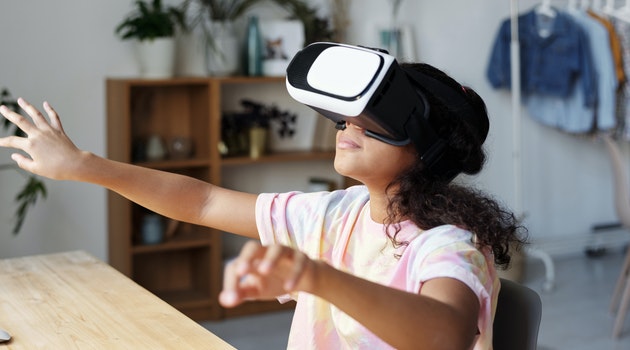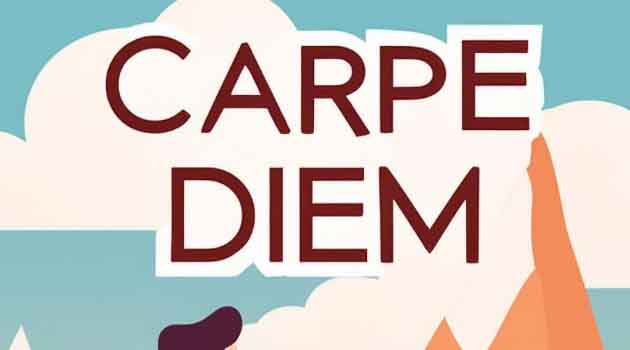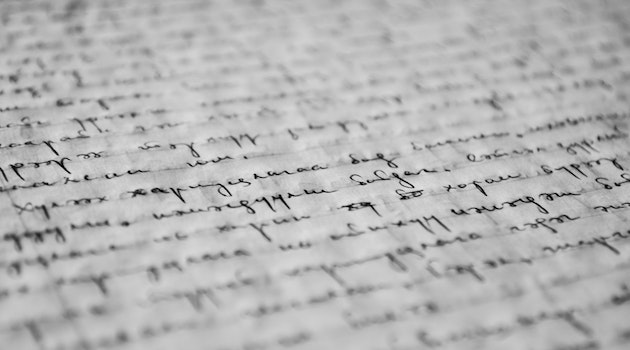“There are perhaps no days of our childhood we lived so fully as those we spent with a favourite book.” —Marcel Proust
Looking at the tech-savvy kids with their electronic gadgets like phones, tablets, iPads, and laptops we are often reminded of our childhood.
One of the fondest memories of our school days is finding a quiet corner with books and getting lost in the world of imaginary characters.
Today, we are losing that sublime feeling of turning the pages of a book and absorbing it through the senses of sight, smell, and touch.
New technology is contributing to the vast area of digital reading that is often thought to be convenient, flexible, and low-cost.

It is a space of instant information where everything is just a click away.
With the world going online during the pandemic, there has been an exponential rise in the use of these gadgets.
Online classes have further removed students from the physicality of books as they prefer reading digital notes instead.
How does the technology we use to read affect our reading habits?
Reading books is a kind of meditation. We stay still while reading as there are no distractions like calls or notifications.
Studies suggest that we can process information accurately when we use multiple senses and multiple brain areas during reading.
Digital reading impairs comprehension by creating spatial challenges as one cannot ‘turn pages’ to locate specific information.
Scrolling up and down on a screen is a tedious job as it causes visual and mental fatigue.
While reading our brains construct a cognitive map of a text which becomes difficult with the moving screen.
Surveys suggest that tactile experiences matter to the majority of people while reading, and ironically the touchscreen devices do not provide the satisfaction of turning the pages of a book.

Books also have a discernable shape and size. They look, feel, and smell a certain way which makes the experience of reading a pleasant one.
In Reader, Come Home, author Maryanne Wolf laments that with our dependence on digital technologies, we are losing the ability of ‘deep reading’ which means to stay focused, think critically, empathize, and reflect while reading.
“Deep reading is always about ‘connection’: connecting what we know to what we read, what we read to what we feel, what we feel to what we think, and how we think to how we live out our lives in a connected world.” ― Maryanne Wolf, Reader, Come Home
While the prospect of digital reading completely replacing books and other forms of print reading may seem far-fetched, it is still a possibility if we do not cultivate good reading habits.










